According to the Oxford English Dictionary, the English language is comprised of around 170,000 words currently in use (there are an additional 47,000 words that are outdated) drawing from Germanic, Latin, Greek, and over 350 other language roots. New words get added to English every year, at a pace of about 1,000 words per year.
English can be a confusing language given its large size and diverse origins. There are more than 160 different dialects believed to exist throughout the world, with around 30 of them in the United States alone. Each region’s dialect is filled with various ambiguities and words that are easily misused or misunderstood. Like most languages, over time, English evolves and word meanings can change, which can add to the confusion.
Due to the technological and social media influences in today’s modern world, it appears as though there is a constant adaption of words and phrases. What used to mean one thing, now means something completely different. For example, “nice” used to mean foolish, and “awful” meant awe-inspiring. More recently, “hopefully” has come to mean “it is to be hoped,” though it originally meant “with hope.” (These are 36 old words we use today but with new meanings.)
Here are words that have different meanings than what you think
Contingency
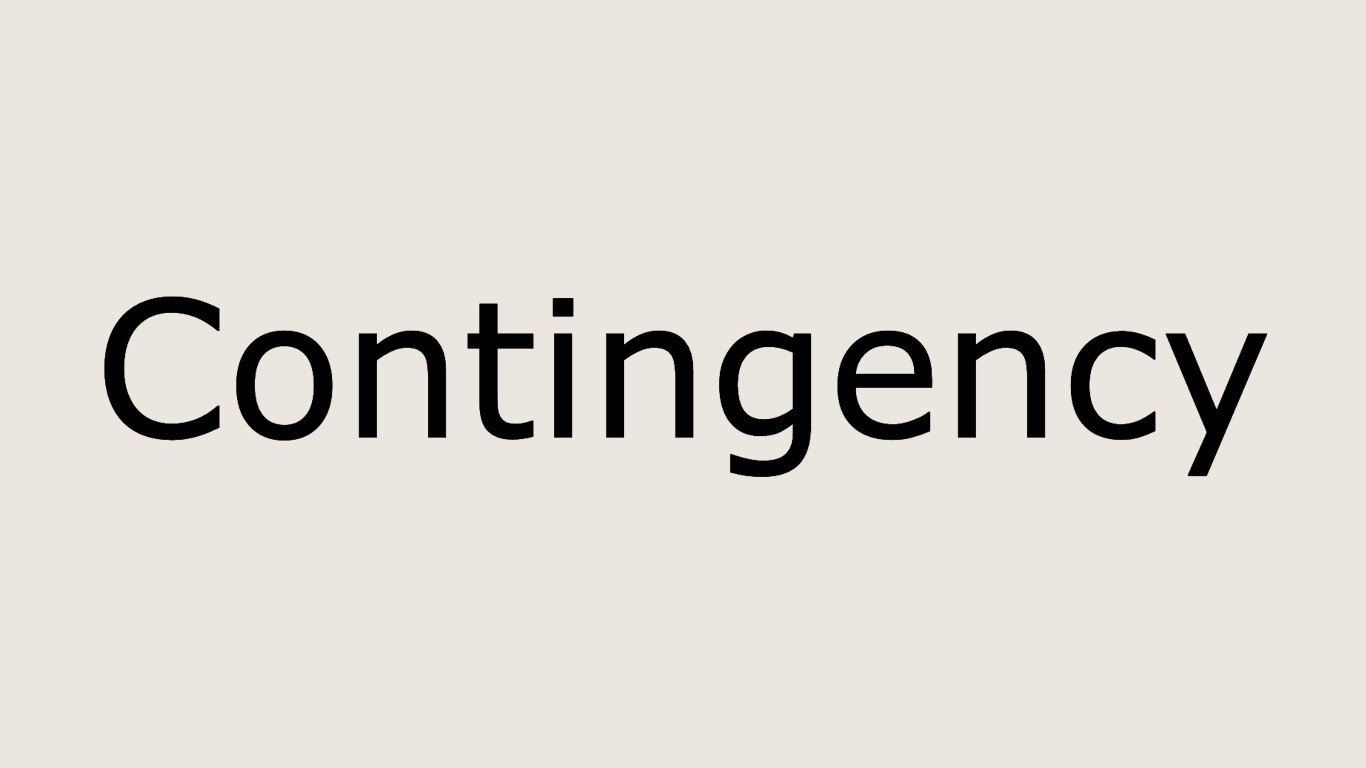
There’s no such thing as “a contingency of experts,” “of French chefs,” “of Chinese ministers,” or the like. A contingency is something that might happen (“We must prepare for every contingency”). A group of people is a contingent.
Disinterested
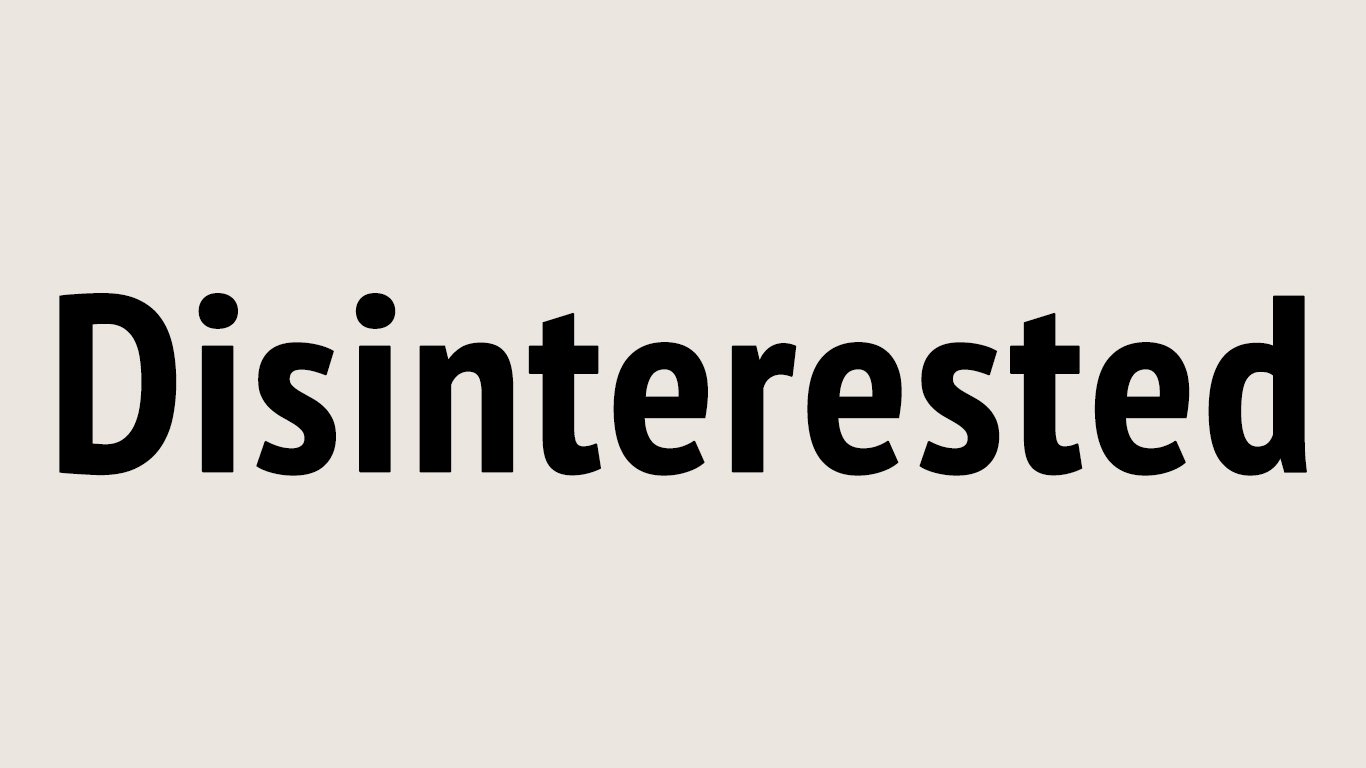
If you’re not interested in something, you’re uninterested. “Disinterested” means that you have no direct stake in something, financially or in some other sense. A judge in a courtroom should always be disinterested in the proceedings, though they may interest him very much.
Exhibit

If you go to the museum to see a Monet exhibit, you’re just seeing one painting or print or whatever. An exhibit is a single item. Think “Exhibit A.” An exhibition is a whole collection of exhibits, which is probably what drew you to the museum.
Flagrant
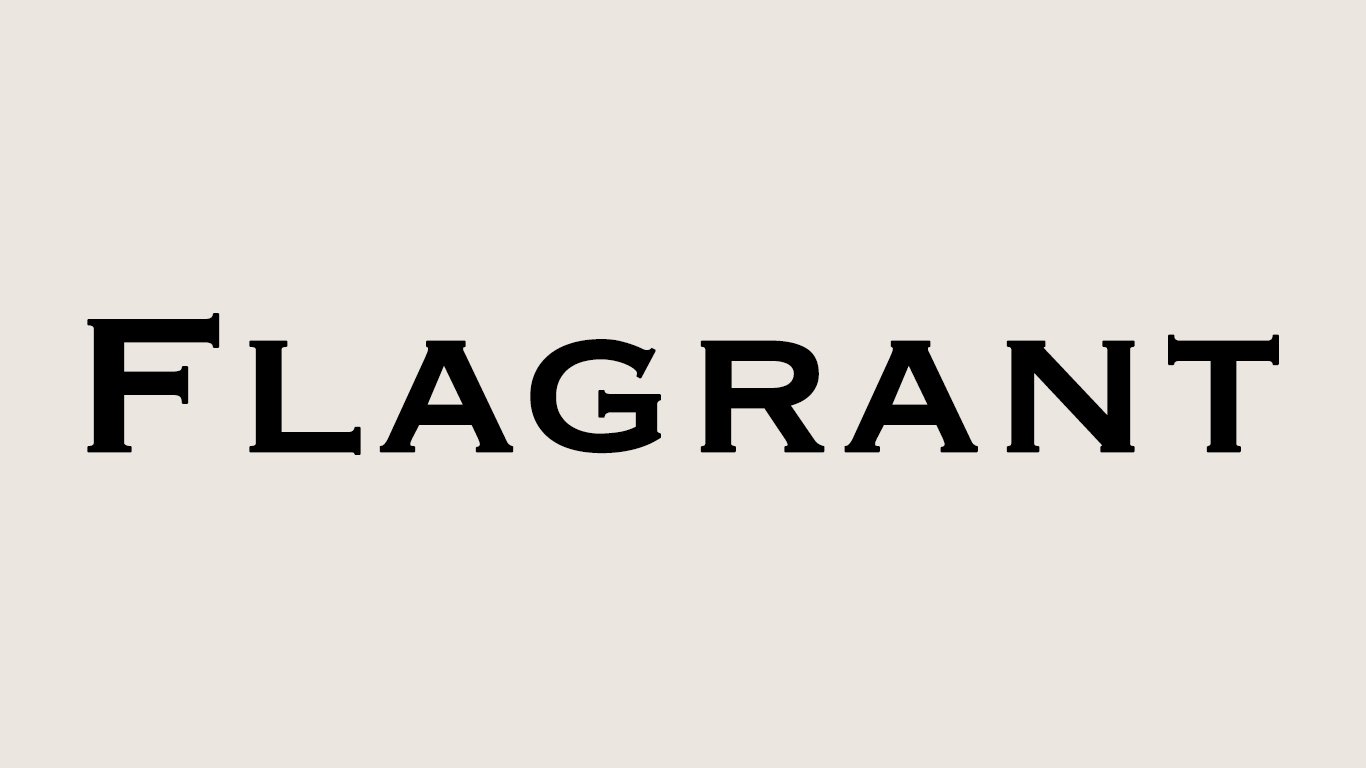
People use “flagrant” to mean obvious, as in “a flagrant error” or “a flagrant invitation.” It means something stronger than that, though — not just obvious but particularly offensive or objectionable. The aforementioned error and invitation are more correctly “blatant.”
Further

Los Angeles isn’t further from New York than Boston is and you didn’t run further than you should — it’s “farther” in both cases. “Farther” refers to physical distance, “further” to non-physical or metaphorical ones (“Let’s not take this argument any further,” “It is further stipulated.”)
Infamous

This adjective gets applied to all kinds of things these days — “The restaurant’s infamous apple pie,” “The team’s infamous victory over their rivals,” and so on — when what people mean is “famous” or “celebrated.” “Infamous” isn’t a compliment: It means disgraceful or having a bad reputation.
Insure

You can’t insure that something bad won’t happen. You can insure yourself — that is, buy insurance — so that you’ll be compensated if something bad does, but what you want to try to do is ensure that something bad won’t happen. “Ensure” means to guarantee or make certain; “insure” means to buy insurance or otherwise indemnify.
Notorious
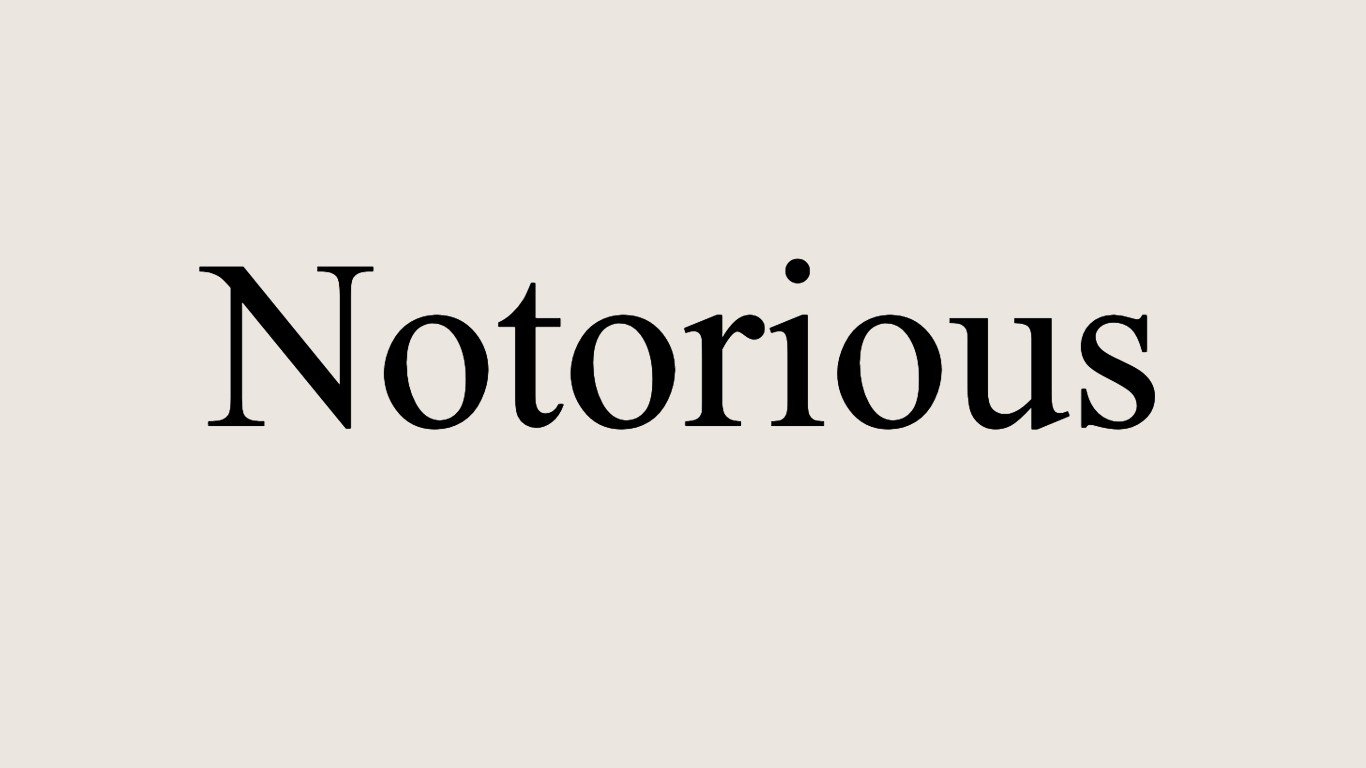
See “infamous,” above. “Notorious” sometimes gets used in the same way (“The restaurant’s notorious chocolate cake.”) But it doesn’t just mean famous — it means famous in a bad way, or known unfavorably.
Penultimate
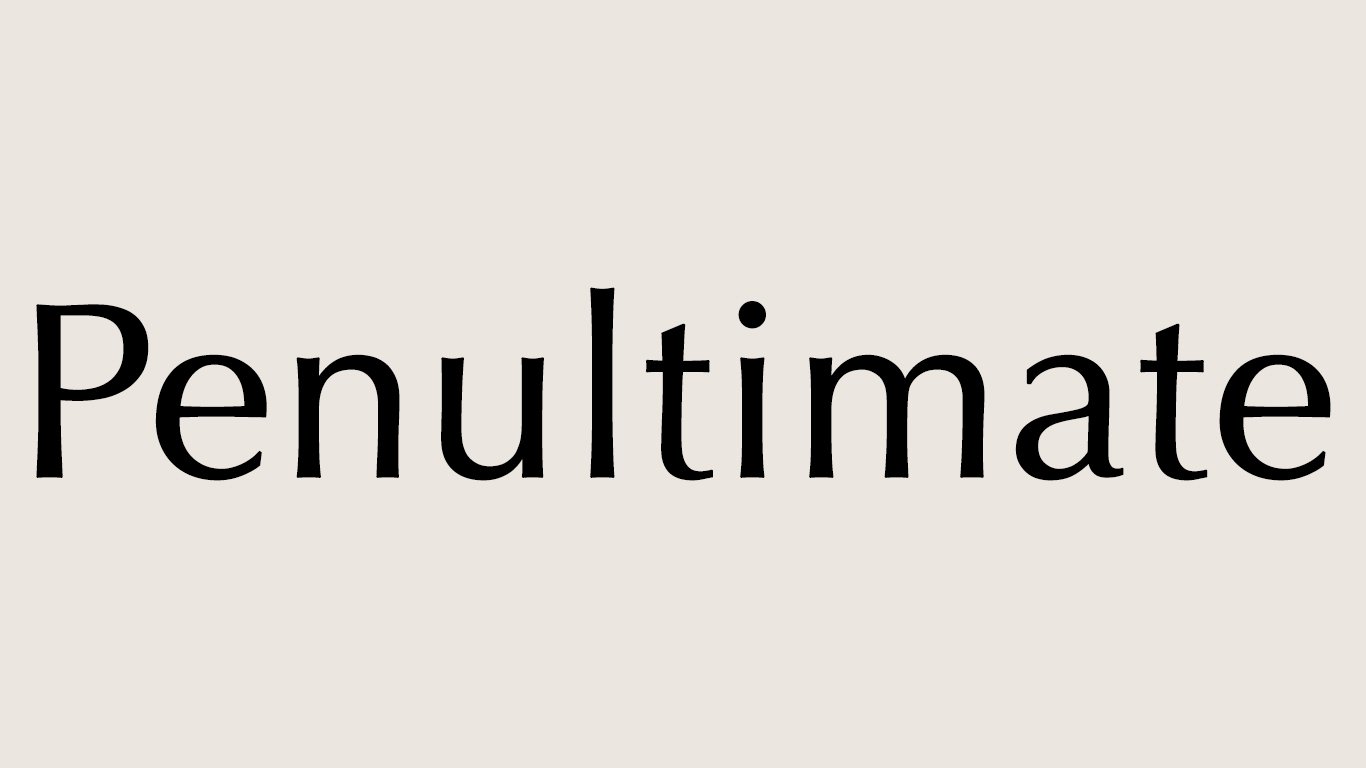
This is the penultimate word in this list. And, no, it’s not the last one. The last word is the ultimate one; “pen-” is a Latin prefix meaning “almost,” and “penultimate” means second-to-last.
Sponsored: Want to Retire Early? Here’s a Great First Step
Want retirement to come a few years earlier than you’d planned? Or are you ready to retire now, but want an extra set of eyes on your finances?
Now you can speak with up to 3 financial experts in your area for FREE. By simply clicking here you can begin to match with financial professionals who can help you build your plan to retire early. And the best part? The first conversation with them is free.
Click here to match with up to 3 financial pros who would be excited to help you make financial decisions.
